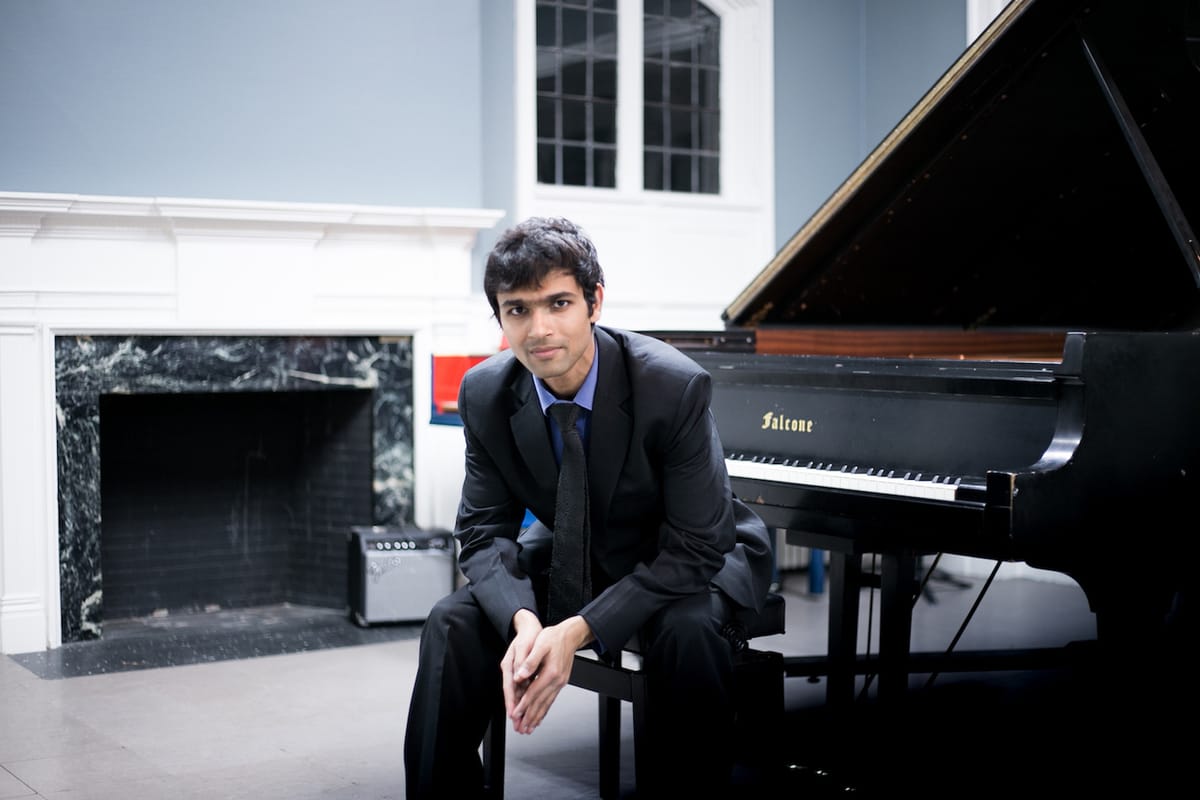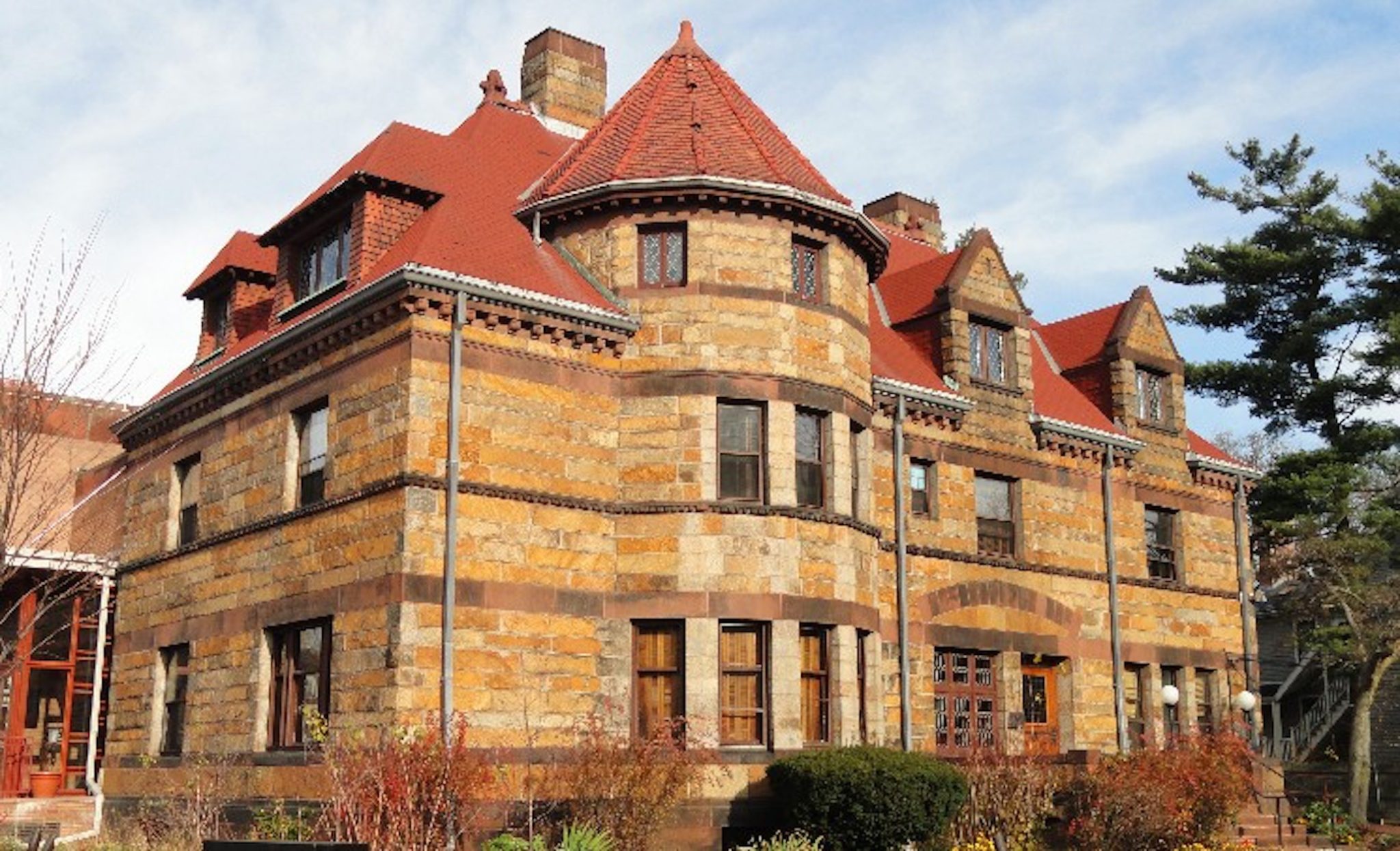REFLECTIONS FROM LONGY

There’s a lot to say about the peculiar lifestyle a conservatory student leads and the limitless ways it blends into their very identity. From the motivations behind pursuing a field that doesn’t always guarantee monetary returns to the reasons why so many find these few years of their lives to be the most formative and valuable of all, the scope of such a discussion is endless. For that reason, I’ll be focusing solely on sharing my personal thoughts regarding why an aspiring musician should go to a music school, along with some opinions concerning the more practical aspects related to this undertaking scattered along the way.

A very prominent theme here is the importance of having music be a central part of a musician’s life. My support for the idea of formally studying music is rooted deeply in my belief that the environment with which one is presented at such a place can be deeply transformative in terms of infusing music in the very essence of who they are. Of course, it’s possible to have lived that lifestyle without ever having gone to a music school, but the implications are significantly different when one is working towards honing it while being surrounded by people with similar aspirations with the intent of making it a means of livelihood. An immersion of this extent, in my opinion, is vital for the development of the trait that I believe is the most important for a musician to have: an aptitude of expression through music. Carving out a personalised musical prism that aids a two way translation between music and thought is a life-long process that most musicians go through, and one of the most effective ways to spark such a phenomenon is to surround oneself with people who are working towards a similar goal.

I had an opportunity to be a part of a wonderful piano studio where I interacted with students from very different educational and cultural backgrounds. More often than I could count, I was overwhelmed by a feeling of puzzlement over why a style of musical expression so different from what I then envisioned was as effective as it was. Due to its ‘vagueness’, music isn’t a formulaic language and there are too many variables that need to work in conjunction with each other for it to be successfully used as a means of expression. Isolated dictation of only one of those variables often leads to the whole thing falling apart, and thus merely copying a single aspect of someone’s playing — whether it be the timing in a phrase or a dynamic inflection — is usually ineffective since it’d at best come across as a superficial replication. The only way to therefore cross such a hurdle, as I and some of my fellow students discovered, is to commit to surviving in a constant loop driven by criticism and refinement. In such a scenario, as one might expect, quite often hard work only ends up uncovering more deficiencies which in turn require more work to be fixed; and in my case, I didn’t begin to sense improvement until a couple years after continuously going through this seemingly endless cycle, whether it be in an area of technique, pianism or artistry. This never-ending chain applies to all areas of artistry that are subject to the subjectivity (less so with technique), where a concept’s intricacies aren’t universally agreed upon; even more so in a place that’s crowded with people from all kinds of musical backgrounds. When one’s ideas (in this case, the ones pertaining to music) are subject to this perpetual cycle of criticism and refinement over the course of a multitude of years, one might begin to witness something that’s far more valuable than a degree or a professional qualification.
In the context of students from India aspiring to study music abroad, I’d also like to pen down a few thoughts regarding the competitive spirit between peers that is so prevalent in a conservatory environment. In a country like India where music education opportunities aren’t nearly as pronounced yet as they are in the West, every aspirant desperately needs to experience healthy competition since most here don’t grow up knowing many in their age group who take, or are encouraged to take, music as seriously as their counterparts do in the West. It’s tremendously helpful to get a sense of their level of artistry by evaluating themselves with respect to the standards set by their peers. In most cases, not only does it help with avoiding a wall of complacency but also persuades and encourages one to keep up with the continually rising bar. Unfortunately, this is an area where I somewhat faltered. Due to never having previously experienced a competitive environment in a musical setting, I fell into the trap of being consumed by the desire to overwork in order to speed up my progress. Trying make up for lost years of music education, I created a ridiculous imbalance between work (at my craft or to earn money) and other aspects of lifestyle concerned with recreation. There’s a limit at which the mind and body absorb new information, and just as that limit can be increased with a proper regime involving well planned cycles of work and rest, it could also be stunted due to lack of either. While I can’t speak with full certainty, I might be an example of the latter scenario and for what it’s worth, going through this process with a more prudent approach as opposed to being blinded by impatience is the least one should try to take away from this account. A few skipped hours of practice won’t do any damage if you have a fine work ethic, but a few extra hours of force feeding the brain might.

Getting down to a few practical aspects, I’d like to point out a few key factors that should be used as the main pointers towards choosing a school. Some very crucial ones to look out for are the program curriculum, facilities (availability of practice rooms; a must for pianists), the music scene in the surrounding city, teaching opportunities, performance opportunities, and above all else, the studio professor. One should — and this cannot be stressed enough — know who they’d want to study with and should make all possible efforts into making sure that they, to their best of their ability have made sure that the studio professor-student match is a good one. During my four years in the US, I’ve seen too many of my peers spending thousands of dollars on education by which they felt betrayed for the simple reason that their development in the chosen primary area of focus felt inadequate, ignored, obstructed or in some exceptional cases, even reversed! For all performance majors, all studies concerned with areas of history, theory, research are in meant to amplify their progress in their primary instrument so while a dented growth in the main area wouldn’t outright ruin everything else, it’d certainly take away significantly from the overall value of the whole undertaking. One other factor that plays quite a major role for prospective students in this ordeal of choosing a school is the tuition. There are more music schools than I can count which cannot justify the monetary investment they require, given the value of what they have to offer. At any place in the world, especially the US, the tuition should not be used as an indicator to the possible quality of education (and in many cases also the facilities) the schools have to offer. High income isn’t usually one of the highlights that draw people to this field and it’s therefore advisable to spend money wisely during the education stage to avoid piling up too much loan.
Very often, especially in the case of students from India, studying music would imply moving to a new place (a direct consequence of the scarcity of collegiate level music education in the country). Having grown up in a sheltered environment all the way into my early twenties, moving out and living alone has strongly influenced me in ways that no other situation possibly could have. I can’t speak for everyone of course, but due to having suddenly been isolated from surroundings which were so intrinsic to what defined me, I was suddenly forced to find ways to rediscover myself without hinging onto the elements I had previously. And while still not without flaws and inconsistencies, the part of me that I have been able to rebuild draws directly from the influence that living a life submerged in music has had on me. It’s been vital not just in terms of the trajectory on which I’m moving as a musician, but also in my realisation of how fortunate I have been to be supported by my amazing professor, family, close friends and past teachers. Ironically, it’s often easy to ignore the importance of the roles certain people play in our lives for the simple reason that it’s hard to visualise what life would be like without them; and the mere fact that I have, to some extent, been able to grasp that is enough for me to deem these past few years the most irreplaceable and invaluable of my life so far. People go to music schools for different reasons, ranging from aspiring to be famous performers to simply wanting to learn to satisfy their own curiosity; and while the success on that front is not always guaranteed, the impact it’d leave on someone religiously treading through their time here is bound to be overwhelmingly reformative and positive – which at the end of the day, is what music is all about.






